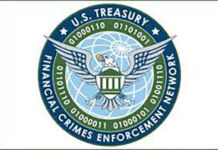
Derek Gaskamp et al v. WSP USA, Inc. (NO. 01-18-00079-CV), highlights both the breadth and complexity of the Texas Anti-Slapp. Three plaintiffs brought claims for violations of the Texas Uniform Trade Secrets Act, Uniform Fraudulent Transfer Act, breach of loyalty, breach of fiduciary duty, tortious interference with existing contacts and prospective business relations, unjust enrichment, unfair competition, and civil conspiracy. The defendants moved to dismiss and the trial court denied the motion.
Although the Houston COA determined the Texas Anti-Slapp applied to all the claims, it upheld the denial as to two plaintiffs and reversed as to the other. The two plaintiffs that survived the motion did so because the defendants failed to address the application of the commercial speech exemption (§27.010(b)) in their appeal. (I’ll address the exemption in an upcoming blog on Castleman v. Internet Money Ltd., 546 S.W.3d 684, 688 (Tex. 2018)).
The plaintiff, who suffered the reversal, did not respond to the Anti-Slapp motion because it had non-suited itself from the lawsuit (but only after defendants filed their Anti-Slapp motion). But a non-suit, after filing of an Anti-Slapp motion, does not prevent an award of attorneys’ fees if the motion is successful. Here, the plaintiff failed to raise any defenses, even the commercial speech exemption that saved the day for its former co-plaintiffs.






